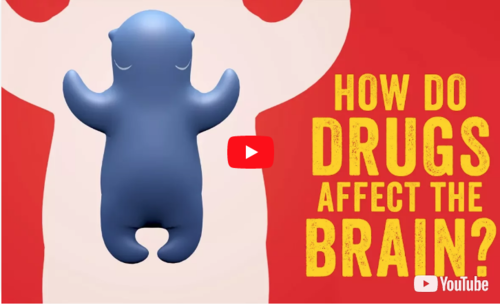It’s Perinatal Depression and Anxiety Awareness Week starting 14 November!
Having a baby is both an exciting and challenging time, and it is normal for new mothers to feel a degree of anxiety and stress. For some new mothers, anxiety, stress and/or low mood do not go away and begins to impact on their day to day lives and relationships.
What is Perinatal Depression?
Perinatal depression is the term used to describe both ante natal and post natal depression. Perinatal depression and anxiety is a common debilitating condition that affects many women during pregnancy and after childbirth. Post natal depression and anxiety is the most common perinatal mental health issue affecting 20% of women in the first year after the birth of their child. It is not a new condition and a generation or so ago it would have been called a nervous breakdown.
Due to hormonal fluctuations after birth, is is extremely common for women to experience ‘baby blues’ between the third and tenth day after giving birth. ‘Baby blues’ is characterised by feeling teary and overwhelmed and passes within a few days. Post natal depression is diagnosed when you feel are feeling distressed, sad, anxious or overwhelmed most of the time for two weeks or more. It can often be difficult for women and their families to distinguish between post natal depression and the ‘normal’ changes such as fatigue, that occur when there is a new baby.
Many women feel guilty and ashamed about not being able to ‘cope’ and feel ashamed to speak to others about how they are feeling. It is important to know that perinatal depression and anxiety is not a sign of ‘weakness’ or ‘all in the mind’. Everyone is unique and responds differently to stress and psychological triggers. The good news is that women can recover from perinatal depression and anxiety with good support and treatment.
If you experience any of the following symptoms for two weeks or more it is vital to seek help.
Symptoms
obsessive thoughts and/or compulsive behaviours
insomnia
feeling angry and resentful
feeling worthless, ashamed or sad
obsessive, anxious thoughts about harm to baby
thoughts about harming self or baby
wanting to escape
worry about the safety of your baby
fear of being alone with your baby
feeling close to tears and on edge
panic attacks
low mood or feeling numb
fear of being alone
loss of appetite
anxiety
withdrawing from your partner
withdrawing from social contact
unable to cope with daily routine
loss of interest in things you would normally enjoy
Risk factors
There are a number of factors that contribute to developing perinatal depression and anxiety. These include a combination of genetic vulnerability and environmental stressors. A major risk factor is lack of support from family and friends. Women go through many physical and emotional changes during pregnancy and after childbirth. It is crucial that new mothers receive both practical and emotional support and reassurance. Other environmental factors that can increase the risk of developing perinatal depression and /or anxiety include:
unplanned pregnancy
relationship stress
complicated birth
feeding difficulties
premature or sick baby
financial difficulties
lack of social and family support
Protective Factors
Factors that support us and give us the resilience to deal with challenges.
strong support system of family and friends- both practical and emotional support
strong healthy relationship with partner
being physically healthy
problem solving and coping skills
optimism
access to support
good attitude about seeking support
When you feel emotionally well, you are better able to manage stress and the challenges of a new baby.
Helpful Tips
Rest – Try to rest when your baby is sleeping or if someone is able to come and look after your baby. Accept offers of help from friends and family. Do minimal housework while you are adjusting to your new role as a mother.
Well Balanced Diet – Nutrition is important particularly when breast feeding and with the demands of a new baby. Low blood sugar can affect mood and anxiety levels so eat regularly and make sure you include carbohydrates.
Gentle exercise – exercise is really important when you’re suffering from anxiety and depression and even a short walk outside can lift your mood.
Be kind to yourself – Be gentle with yourself. Make everything as easy as possible and realise that life will get easier. Don’t compare yourself with other mothers who may not be suffering with post natal depression. You are doing the best you can with you circumstances. Things will get better and you are not alone.
Treatment
Treatment for perinatal depression and anxiety is similar to the treatment of other types of depression and anxiety. The most common treatments are medication, psychotherapy, support groups, brain treatments such as neurofeedback and transcranial direct current stimulation (TDCS) or a combination of treatments.
Support
Beyond Blue – 1300 22 4636
Just Speak Up – a Beyond Blue initiative for people to share their experiences of perinatal depression.
PANDA (Perinatal Anxiety and Depression Australia)- 1300 726 306
Mind The Bump – free Mindfulness Meditation App to help individuals and couples support their mental and emotional wellbeing in preparation for having a baby and becoming a new parent.










